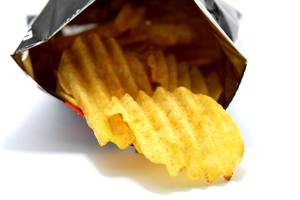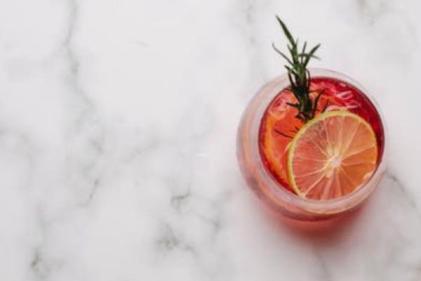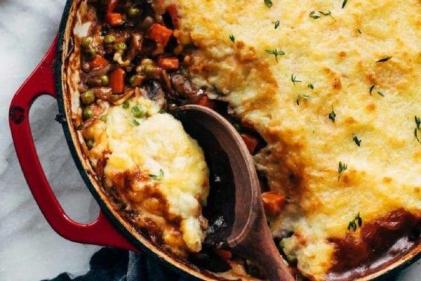 What is Cholesterol?
What is Cholesterol?
This is a question I am asked all the time. Cholesterol is a type of circulating fat. It is needed for cell membranes and also in the manufacture in our bodies of vitamin D, steroids and hormones. We even need it for our brains!
We get this cholesterol in our diet from meat, eggs, cheese, cakes and other fatty foods. But we can also make it ourselves in our liver.
What are the ideal levels?
There are several types of fats that circulate in our bodies and the three main measurements of cholesterol are:
- Total Cholesterol- ideally less than 5.0mmol/L
- LDL (low density lipoprotein)-“bad cholesterol”- ideally less than 3.0mmol/L
- HDL (high density lipoprotein)-“good cholesterol” ideally between 1.1-2.0mmol/L
Why is it bad?
The problems occur when too much cholesterol, especially LDL (bad cholesterol) type, is circulating in our blood. It sticks to blood vessels walls like a thick white coating, building up and hardening and narrowing the blood vessel. This makes it more likely to block (heart attack) or crack open and leak (stroke)
Certain families have a genetic propensity to make cholesterol no matter what they eat. They can eat minimal fat but their livers keep churning it out.
In practice we can see healthy fit marathon runners and other extremely slim fit people who turn around to have cholesterol of 8.8mmol/L. Similarly we can see patients who are morbidly obese with cholesterol of less than 5.0mmol/L.
Unfair perhaps? Sometimes genetics just win out.
Should I get tested?
Yes!
Cholesterol can build up slowly and silently compromising the blood supply to your heart and brain. The only way you can tell accurately what your level of risk is by having a fasting blood test (after 10-12 hours of no food, only water). You cannot presume that if you live and eat well that your cholesterol is low- but obviously for most people this is key! Most people who have modestly elevated cholesterol are able to control it with diet alone.
How do I get my number down?
I ask patients to:
- Throw out the frying pan. Grill or bake instead.
- Eat more fruit and vegetables, these contain plant sterols and help to lessen the amount of cholesterol reabsorbed in the gut.
- Get to a healthy weight.
- Take regular exercise, even 30 minutes walking a day has been shown to improve cholesterol levels.
- Cut out fat containing foods such as cakes, biscuits, sweets, fatty food, rich sauces, cooking oils etc and stick to low fat dairy products.
- Eat good fats found in nuts, avocados, seeds, olive oil and fish.
What to do if cholesterol is still high?
All your risk factors are looked at, such as blood pressure, gender, smoking status, weight and family history. There are many medical risk calculators that doctors use to estimate your 10 year risk of heart attack or stroke. There are occasions when despite best dietary efforts that cholesterol remains dangerously high and in these cases medication is used.
Statins lower cholesterol extremely effectively. As with any medication they do have side effects. A judgement has to be made by a doctor in consultation with a patient to make sure the risk of tablets is outweighed by the potential prevention of a heart attack or stroke. Even if you are on tablets lifestyle still counts!
Dr. Eleanor Galvin









